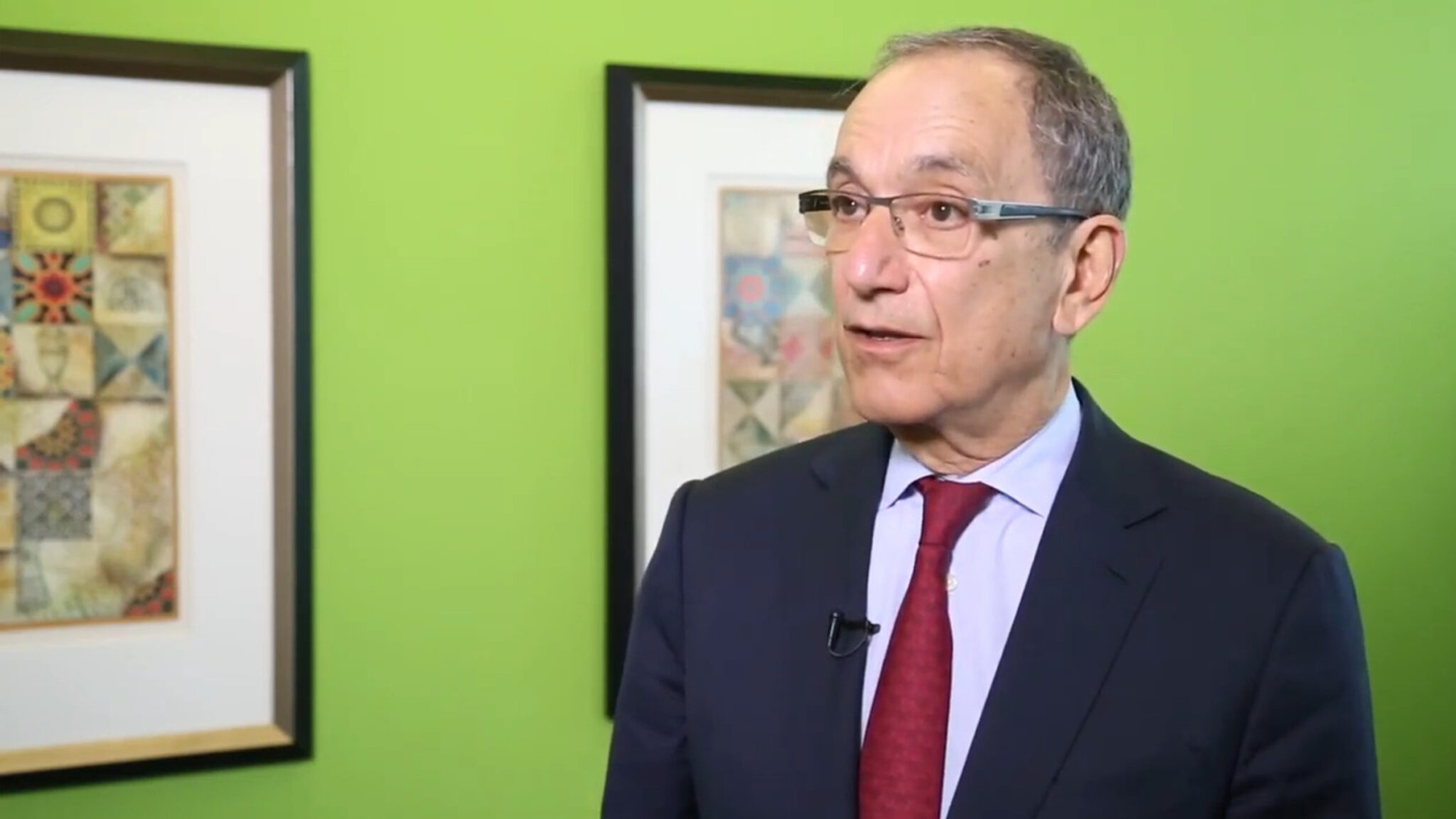
Covid-19 roundup: New preprint suggests Omicron sub-variant can evade Vir antibody; BioNTech-backed nonprofit undermined WHO equity efforts — report
After Omicron began spreading across the world, it quickly became clear that Vir-GSK’s antibody sotrovimab would be the only FDA-approved Covid-19 monoclonal antibody treatment to remain effective against the new immune-evasive variant. And it is now the only such treatment used in the US, causing mass shortages.
But a new preprint, released late Wednesday night by prominent Columbia University HIV researcher and antibody expert David Ho, suggests doctors may not be able to use sotrovimab for long. The antibody isn’t effective at neutralizing BA.2, the Omicron subvariant that is gaining ground in Europe, the US and much of the globe, the researchers found.
Unlock this article instantly by becoming a free subscriber.
You’ll get access to free articles each month, plus you can customize what newsletters get delivered to your inbox each week, including breaking news.